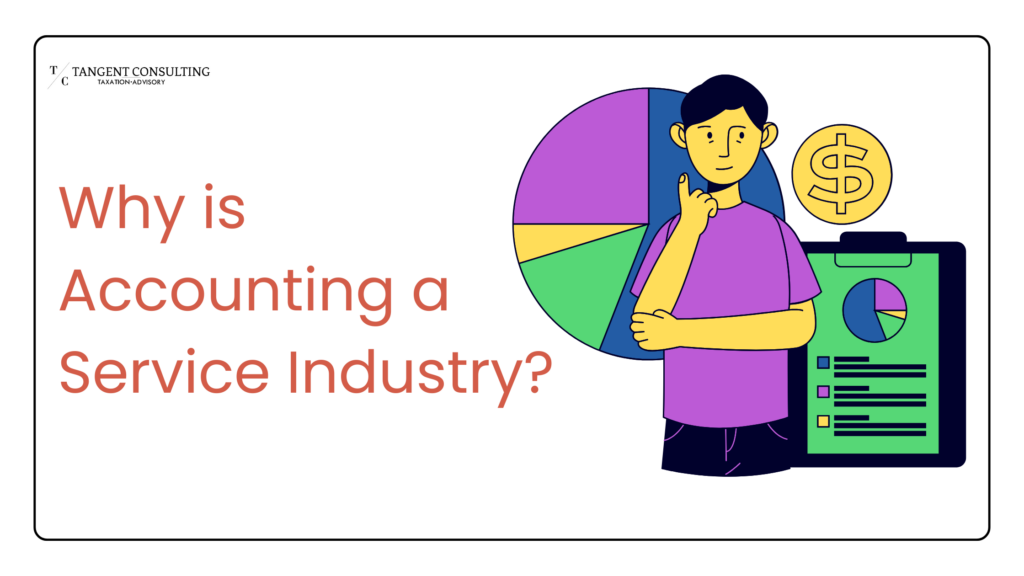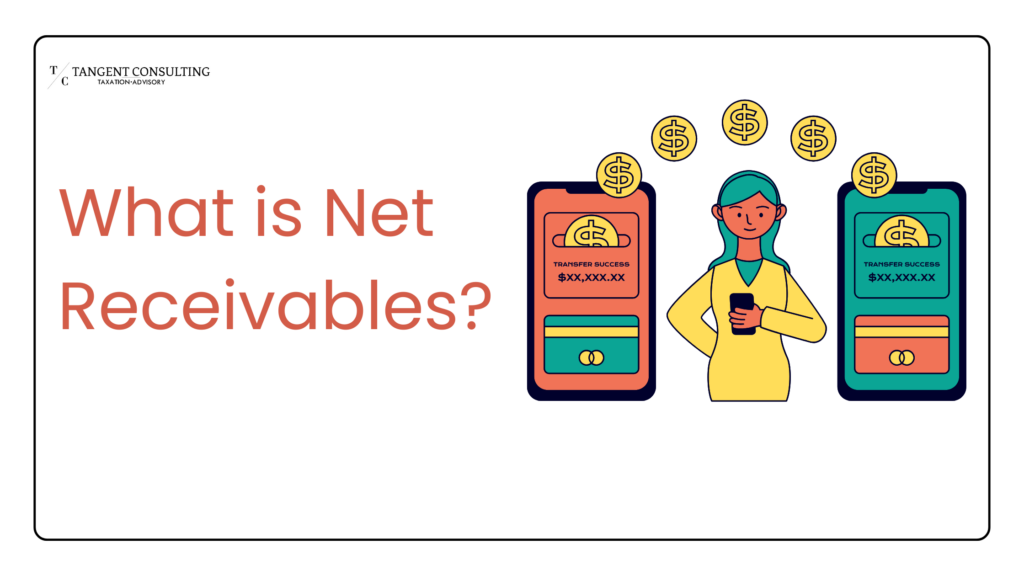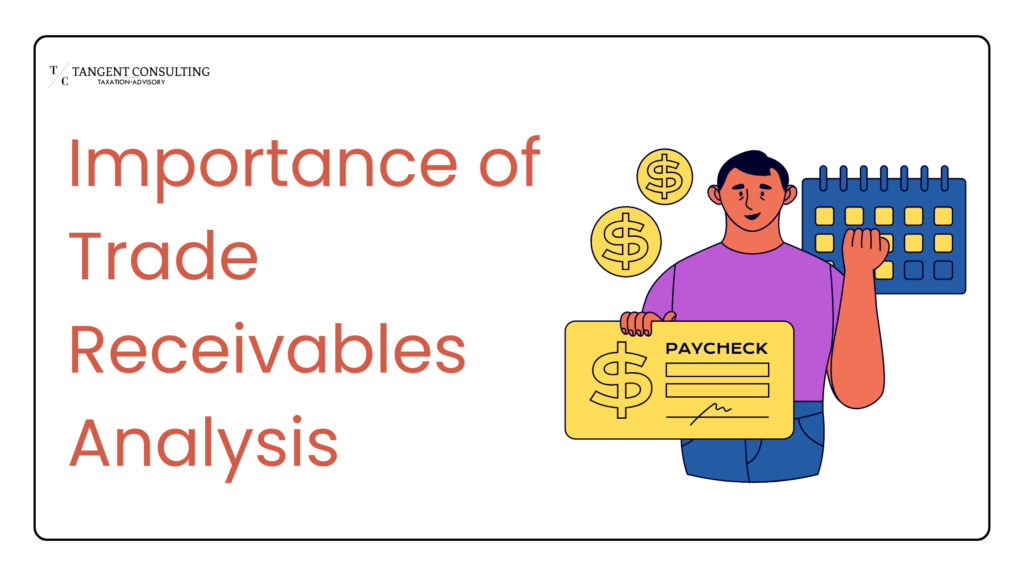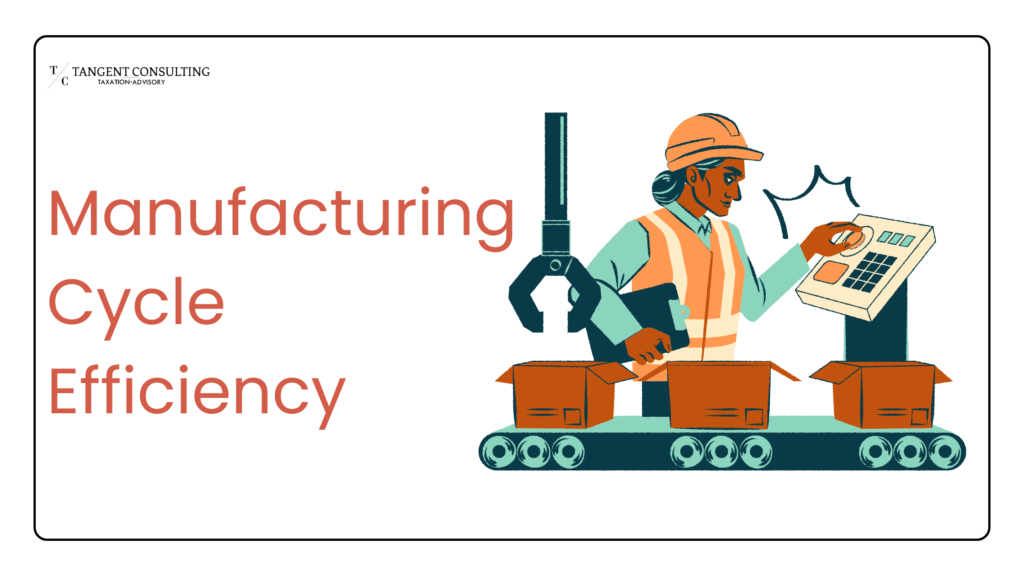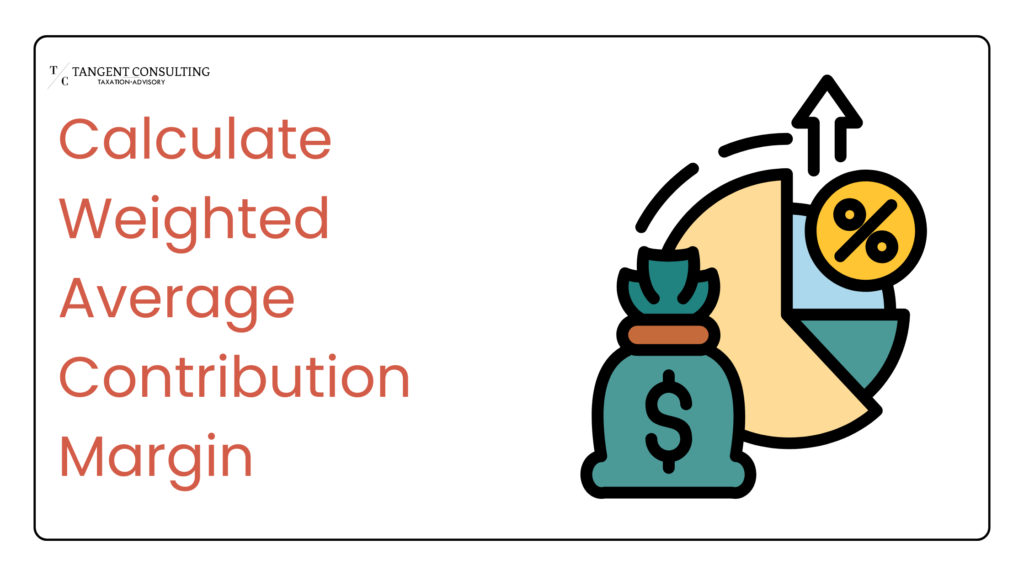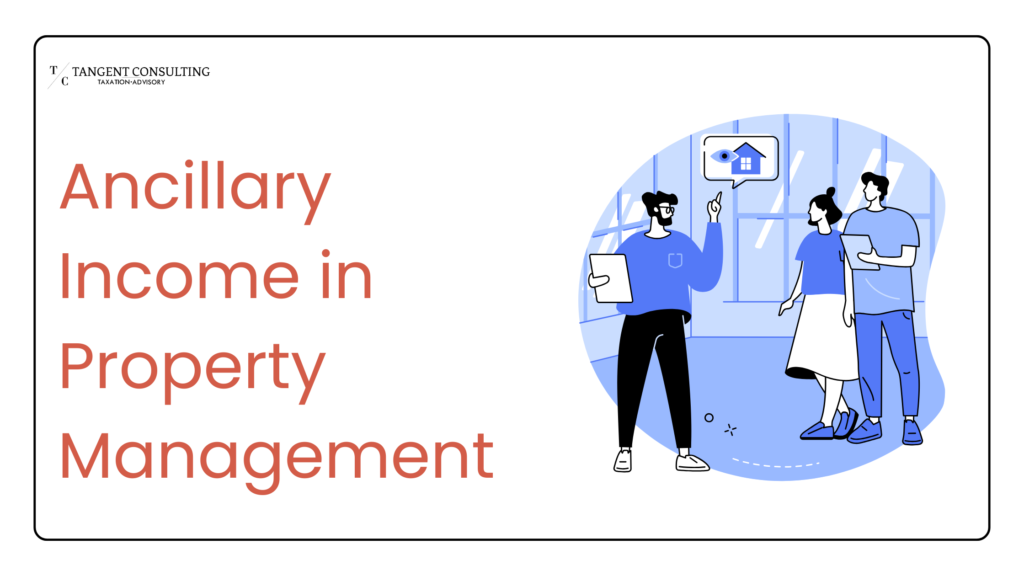Why is Accounting a Service Industry? Well, it’s simple: accounting doesn’t provide any tangible goods. Accountants use their expertise to keep businesses on track and help manage taxes, balance books, and plan budgets. Unlike product-based industries, where value is derived from tangible goods, accounting delivers value through financial insights, accuracy, and strategic planning. In addition, […]
What is Net Receivables?
What is Net Receivables? Net receivables refers to the amount you expect to collect from your customers. It’s your total accounts receivable (all the money owed to you) minus any amounts you think you won’t get, like unpaid invoices or discounts. Imagine giving your friend $100, but you know they can only pay $80 now. […]
Importance of Trade Receivables Analysis
Importance of Trade Receivables Analysis Trade receivables, aka accounts receivable, represent the amount a company has billed customers for goods or services delivered but has yet to receive. Here’s why trade receivable analysis is important: Trade analysis comes down to one key question: How likely is it that this customer will pay on time? A […]
Fundraising Expenses
Fundraising Expenses Fundraising Expenses are the costs incurred by organizations, especially nonprofits, to raise funds for their operations. These expenses cover activities and materials directly related to fundraising efforts. Fundraising involves both direct and indirect expenses, and understanding the full scope of costs is crucial for evaluating an event’s effectiveness. While some expenses are obvious, […]
Manufacturing Cycle Efficiency
Manufacturing Cycle Efficiency Manufacturing Cycle Efficiency (MCE) measures the proportion of the manufacturing process, which converts raw materials into finished goods. MCE highlights areas of improvement by identifying non-value-added activities like waiting or inspections. It is calculated using the formula: MCE = Value-Added Time / Total Cycle Time To determine MCE, you divide the value-added […]
Independent Contractor Accounting
Independent Contractor Accounting Independent Contractor Accounting refers to the practices that contractors/freelancers use to manage their finances. The process includes income tracking, expense management, taxes, invoicing, and preparing financial reports. Unlike employees, independent contractors are responsible for their own financial records, tax payments, and business compliance. So, before filing your tax return, selecting the right accounting […]
Can You Write Off Hunting Expenses as a Business?
Can You Write Off Hunting Expenses as a Business? Deducting hunting expenses as business expenses is subject to strict regulations in the US and Canada. The IRS generally disallows deductions for hunting trips unless they are directly related to your business. To qualify, you must demonstrate that the hunting activity has a clear business purpose. […]
How To Calculate Weighted Average Contribution Margin?
How To Calculate Weighted Average Contribution Margin? To calculate the Weighted Average Contribution Margin (WACM), you combine the contribution margins of multiple products or services, weighted by their sales mix. The formula to calculate WAACM is: WACM= ∑ (Contribution Margin per Unit x Sales Mix)/ Total Sales Mix Where; The Weighted Average Contribution Margin (WACM) […]
Can You Deduct Eyeglasses on Taxes?
Can You Deduct Eyeglasses on Taxes? Yes, you can deduct the cost of eyeglasses in the US and Canada if you meet certain requirements. If they itemize deductions, the IRS allows taxpayers to deduct medical expenses, including prescription eyeglasses. On the other hand, the CRA also permits taxpayers to claim prescription eyeglasses on their tax […]
Ancillary Income in Property Management
Ancillary Income in Property Management Ancillary Income in Property Management refers to the revenue from services or amenities provided to tenants beyond standard rent. This increases a property’s profitability without directly increasing rent. Some of the examples of ancillary income include laundry facilities and parking fees. Here we need to mention that a common misunderstanding […]

